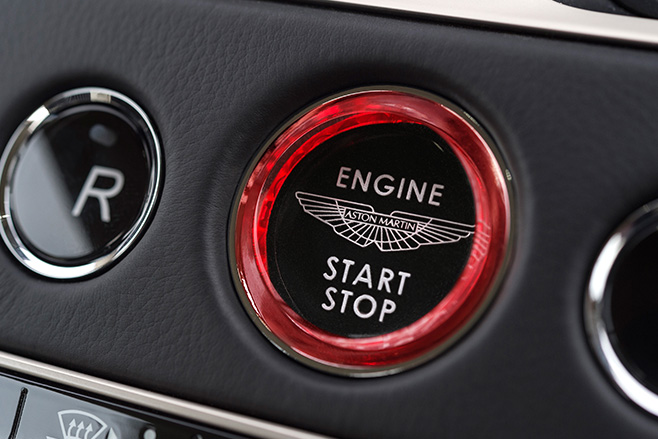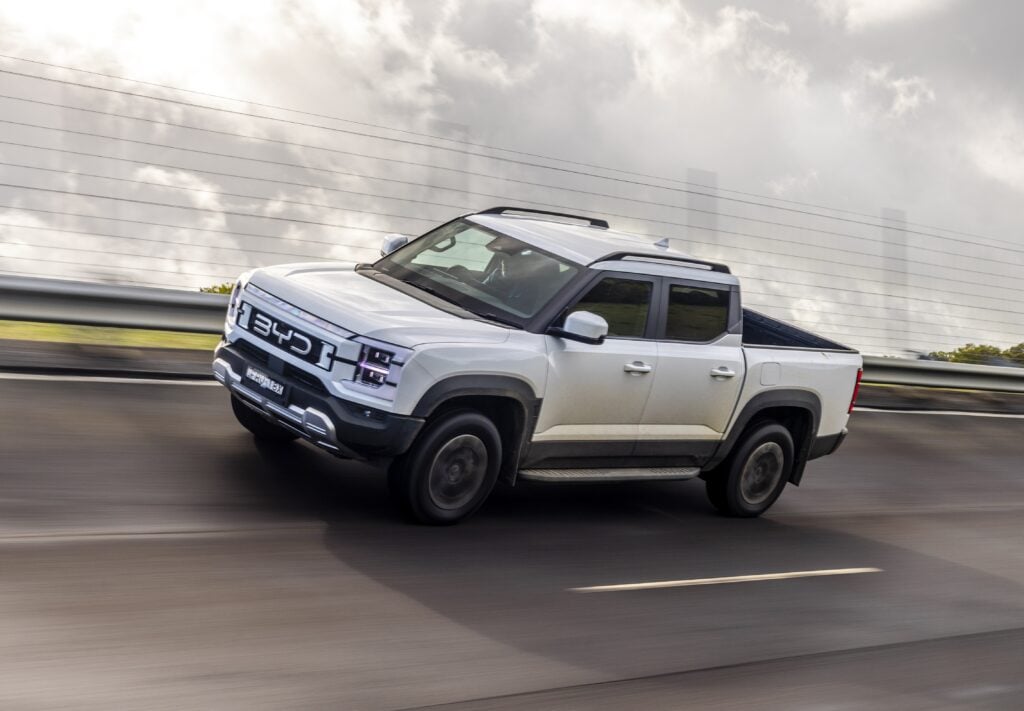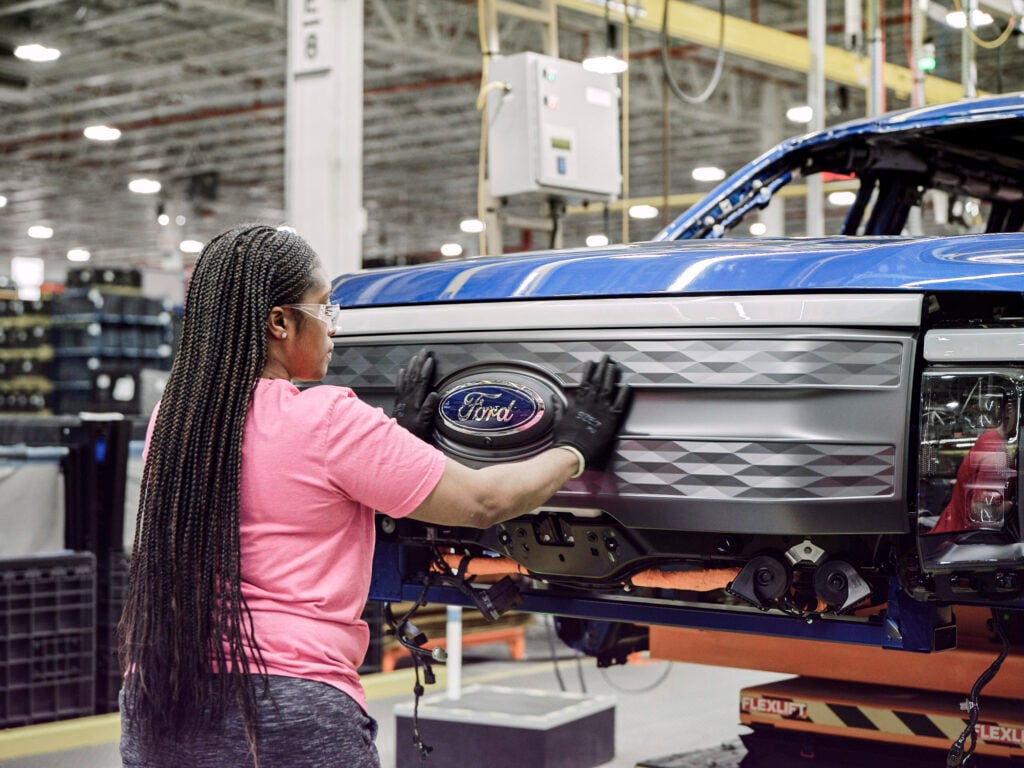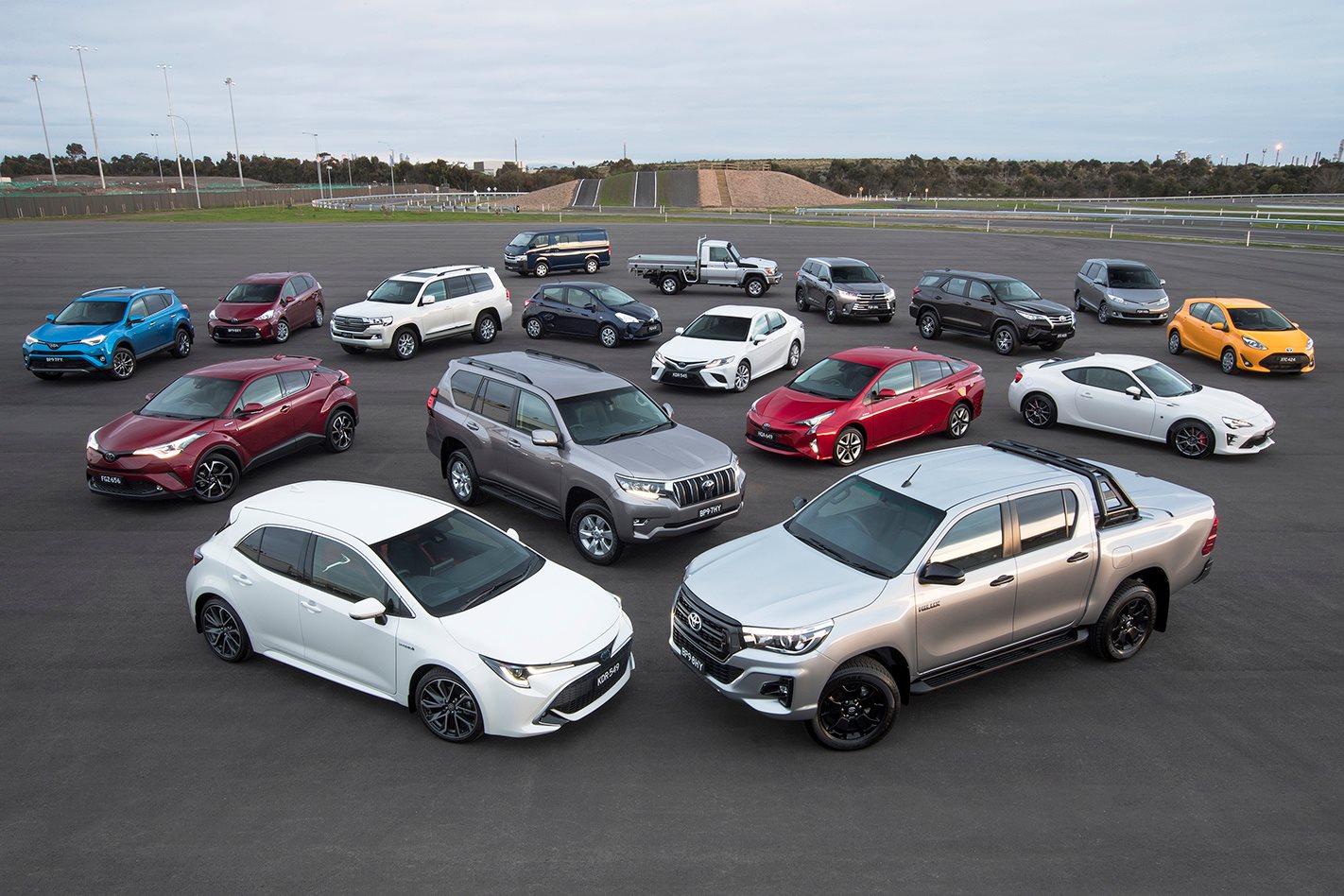
Toyota has claimed the top spot in yearly new car sales for the sixteenth time in a row, selling a grand total of 217,061 new cars in Australia in 2018. Toyota’s impressive performance nearly doubled second-place-getter (Mazda, with 111,280 sales), proving that Toyota’s brand appeal remains evergreen in this country despite the departure of local Camry/Aurion manufacturing.
However, though the new built-in-Japan Toyota Camry retained its position as ‘best-selling midsize car’ for the 25th consecutive year, sales of that model slipped by a staggering 35.4 per cent. Not even the Camry is immune to the decline in passenger car sales, it seems.
The Toyota Corolla also dipped in outright sales numbers, though only by 5.4 per cent – which could easily be explained by constrained supply while running out the previous-gen model – while all Prius variants, Yaris and Tarago declined as well. Balancing that out, however, was strong double-digit sales growth across Toyota’s entire SUV portfolio – the CH-R compact SUV being the biggest winner with a massive 53.5 per cent jump.
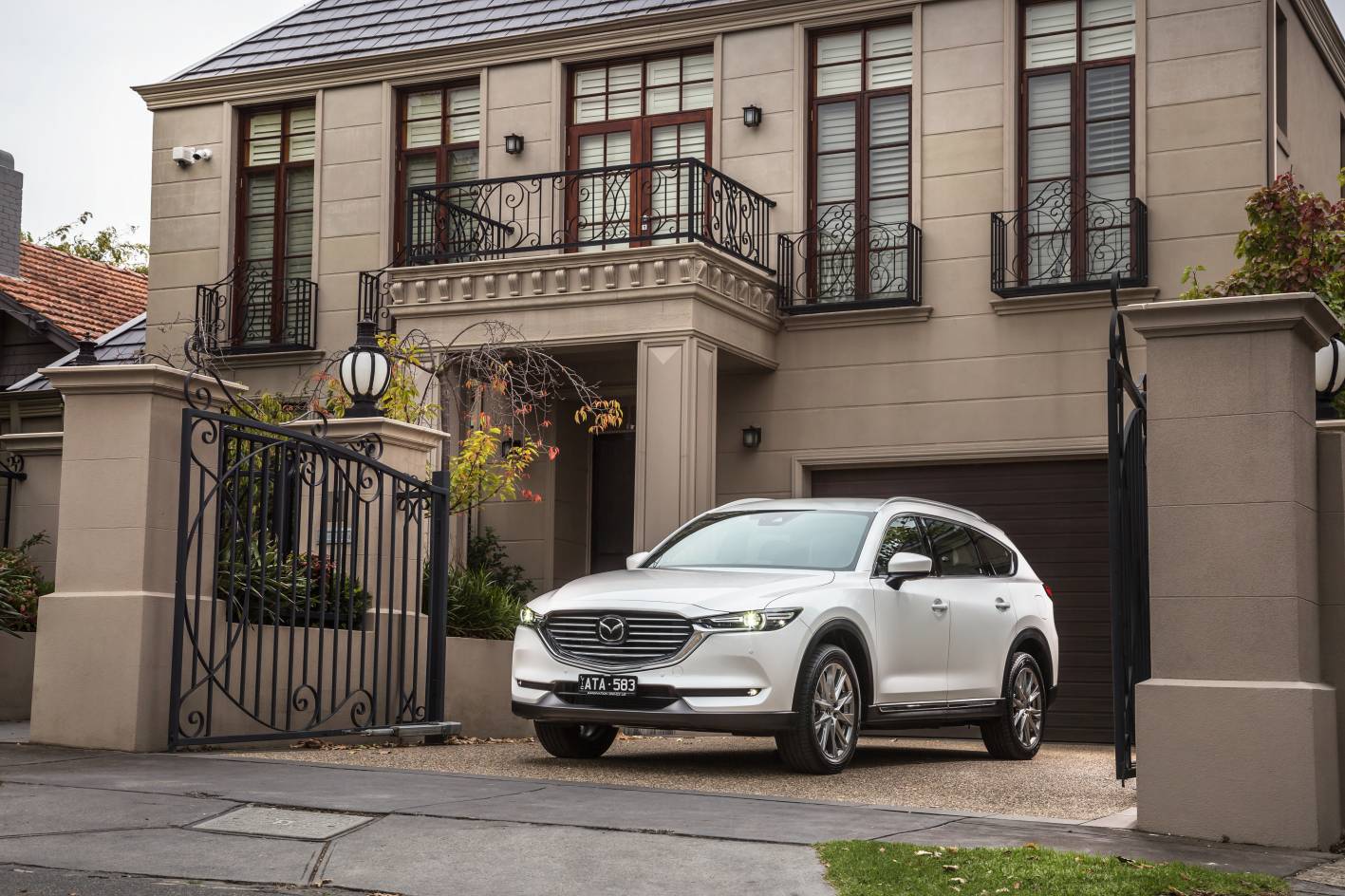
In second place was Toyota’s Japanese compatriot, Mazda. While overall sales for the Hiroshima-based company – a relative minnow in its homeland – dropped by 4.4 per cent during 2018, its outright sales figure of 111,280 was still strong enough to land it a firm claim to the runner-up position.
However unlike Toyota there were no major winners in Mazda’s showroom. Though the arrival of the CX-8 mid-year added incremental volume (1550 cars), every other model bar the CX-5 mid-sized SUV posted lower sales compared to the brand’s 2017 figures. Even the CX-3 baby SUV registered a small decrease, despite the compact SUV category boasting the strongest growth in market share over the past 12 months.
The third spot went to Hyundai, with the Korean goliath moving 94,187 new cars in 2018. It’s an admirable result considering that unlike Toyota and Mazda, Hyundai has yet to offer a body-on-frame ute in this country, thus locking it out of one of the most lucrative – and high-selling – segments in the Australian new vehicle market.

That said, most of Hyundai’s range fell slightly for the year, the sole exceptions being the Kona compact SUV, which notched up a ridiculous 358.2 per cent increase in sales (explained by its late arrival in 2017, and thus massive year-on-year growth stats), and bizarrely the mid-size Sonata sedan, which bucked market trends and improved its sales position by 5.8 per cent.
Mitsubishi came in fourth with 84,944 sales, despite an ageing product lineup, which continues to sell surprisingly well thanks to keen pricing and regular updates. The ASX and Lancer, two of the oldest cars on the Australian market, were again big performers for the Japanese automaker, while the Eclipse Cross compact SUV, which only arrived a year ago, managed a very respectable 7521 sales during 2018.
Mitsubishi also plays well to the off-roader market – a traditional strength of the diamond brand – with the Triton range being its top-performing nameplate and a strong performer in the 4×2 and 4×2 ute category.
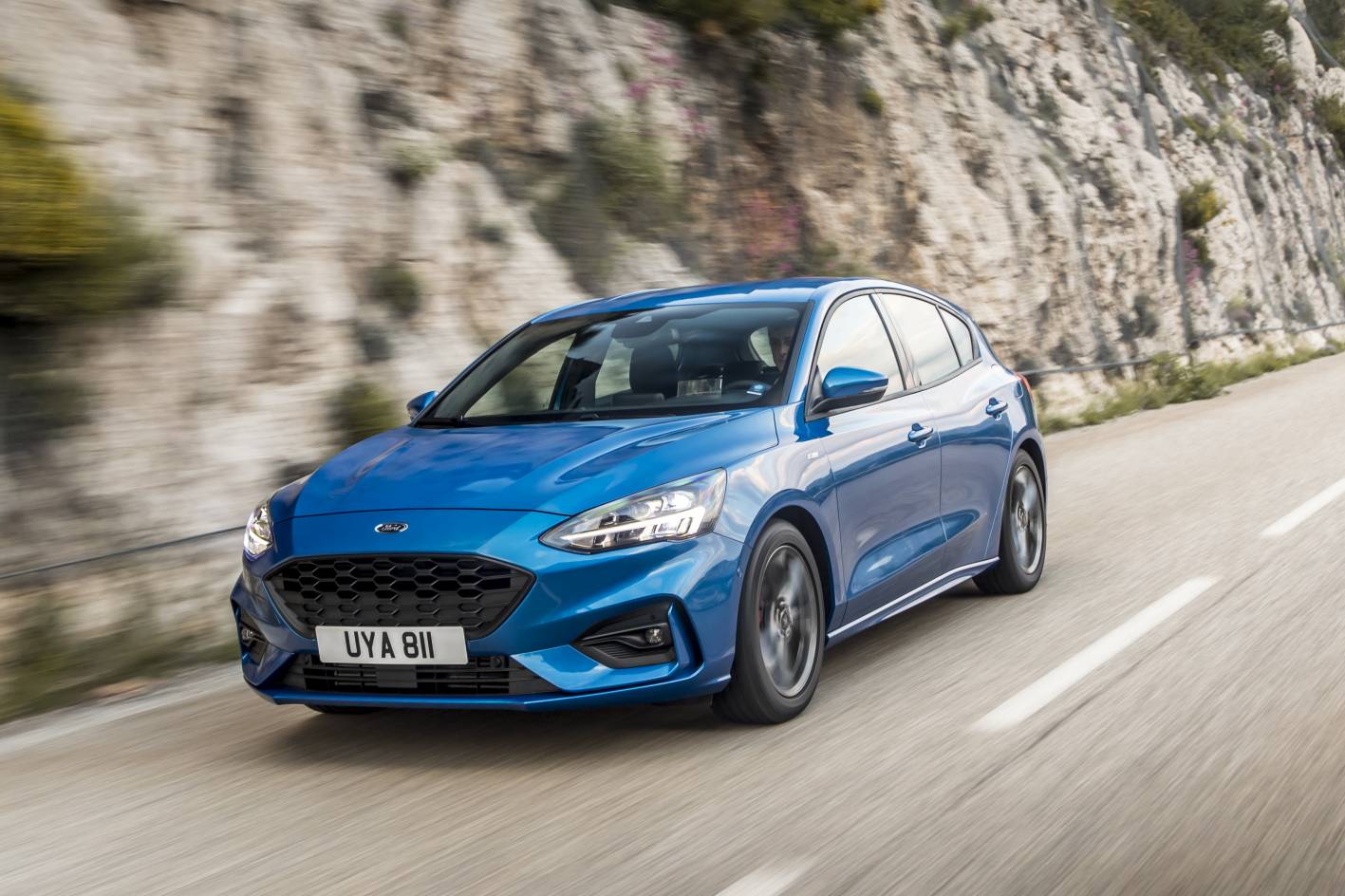
Ford slipped to fifth place with 69,081 registrations, an 11 per cent drop in overall sales volume over 2017. Ranger utility sales lagged slightly behind the dominant Toyota Hilux in the crucial commercial utility segment, but it was the steady erosion in Fiesta, Mustang and Focus sales that hurt the brand most in 2018.
A new Focus small hatch (above) is now in showrooms, however, which should see an improvement for that model over the course of 2019. That will be balanced out by the loss of the Fiesta baby hatch, which will only continue into the new generation in the form of the Fiesta ST hot hatch.
That rounds out the top five, with Holden (60,751), Kia (58,815), Nissan (57,699), Volkswagen (56,620) and Honda (51,525) filling out the rest of the top ten.
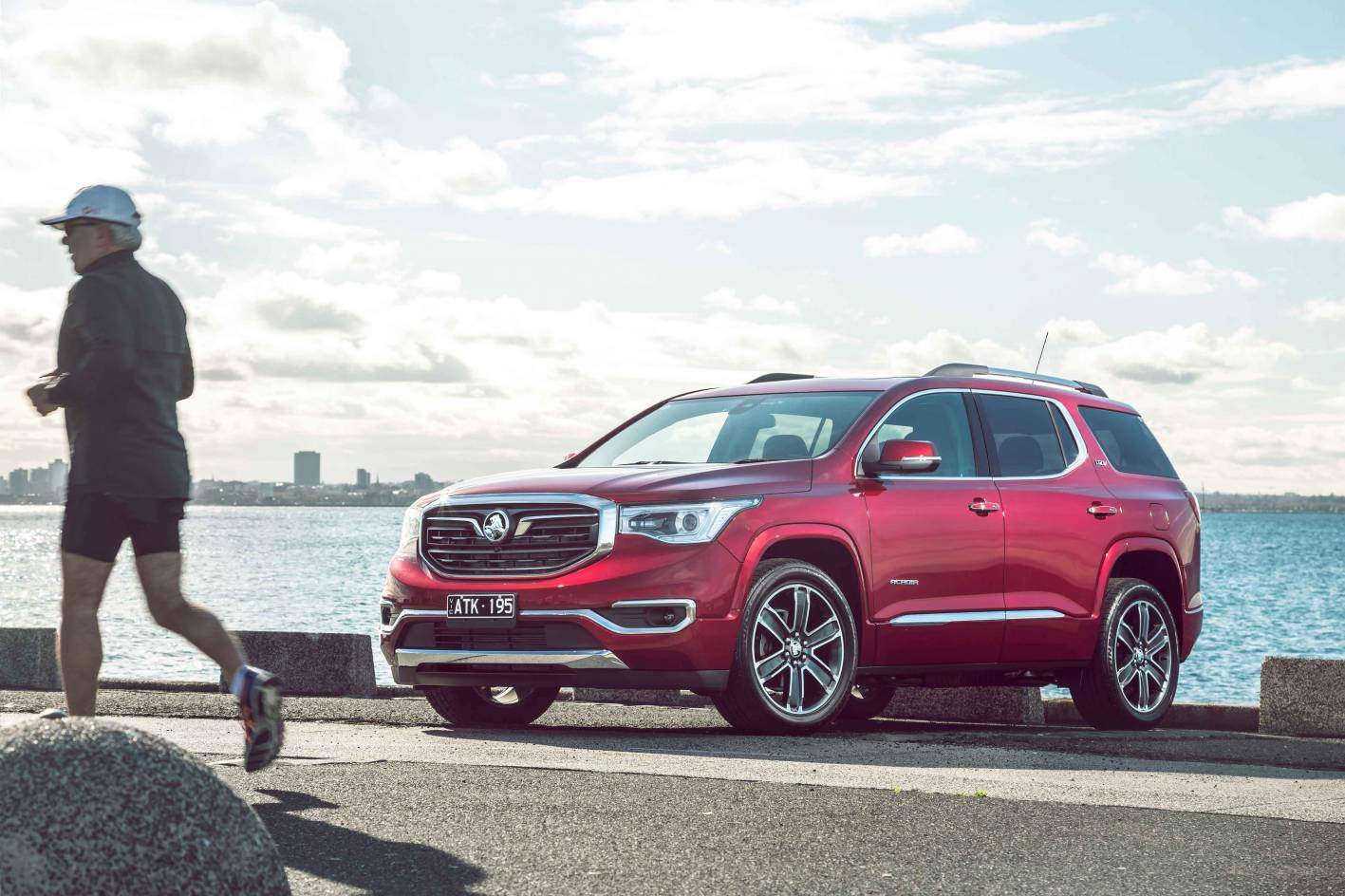
Of those, Holden has the most to worry about. The once-mighty Lion brand’s sales volume dropped by a disturbing 32.7 per cent during 2018. The loss of locally-built Commodores was a big blow, and newer SUV products like the Acadia and Equinox have yet to make up the difference. The company also needs a more convincing – and modern – small SUV entrant than the Trax to really capitalise on the booming demand for vehicles of that type.
Nissan and Honda, meanwhile, show some promise. Both went against the tide by posting increases in outright sales numbers, with Nissan up 2 per cent and Honda enjoying a very healthy 10.1 per cent growth year on year.
There were more than a few other brands that performed well but weren’t able to break into the top ten. One was Alfa Romeo, which benefited from the arrival of the Stelvio (its first-ever SUV) and delivered 21 per cent more cars in 2018, while rival Volvo saw dramatic growth in sales of its XC40, XC60 and XC90 SUVs and made a sizeable 43 per cent leap in volume as well.
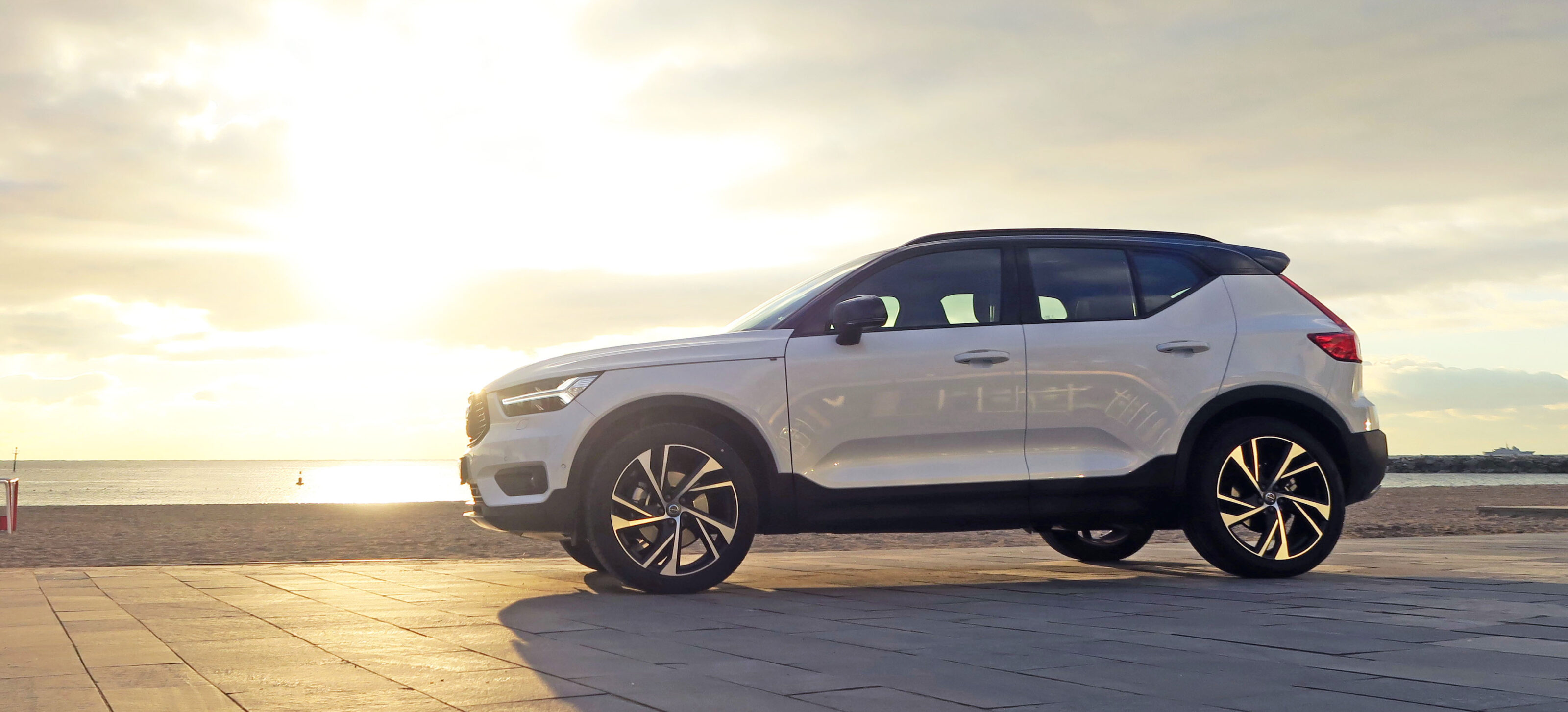
Great Wall was up by 94.1 per cent (though is coming off a low base with just 784 total sales in 2018), while MG soared by 401 per cent thanks to a product renewal that saw it notch up 3007 sales during the year, compared to just 600 in 2017.
Another surprising winner was Ram, which converted 723 of its hulking American pickup trucks to right-hand drive in 2018 to give it an 81.7 per cent rise. Are Aussies warming to the idea of super-sized workhorses? Quite possibly.
Want to know which individual models got the most love from new car buyers in 2018? Click here!


